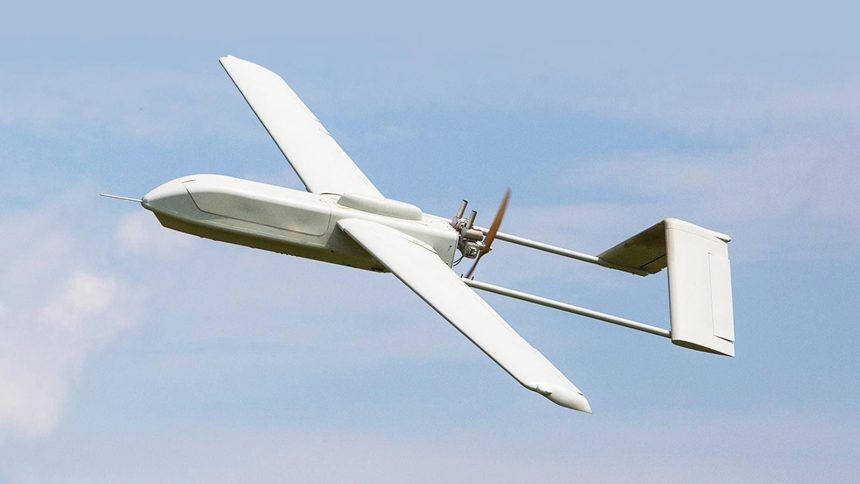Aevex Aerospace, a previously obscure defense contractor, has emerged as a key player in the ongoing Ukraine conflict, supplying thousands of Phoenix Ghost drones. Operating from an unmarked factory in Tampa, Florida, Aevex has prioritized secrecy, taking extreme measures to protect its employees and operations from Russian intelligence. The company’s rapid ascent highlights the evolving nature of warfare and the increasing importance of unmanned aerial systems. Initially contracted to produce a small number of drones, Aevex has significantly ramped up production to meet the Ukrainian military’s growing demand, delivering over 5,000 units and securing contracts worth hundreds of millions of dollars.
The Phoenix Ghost program began in the early days of the war when the Pentagon urgently sought readily available aerial weapons to aid Ukraine. Aevex, leveraging its experience in aircraft modification and intelligence support, partnered with Tribe Aerospace, a small drone maker specializing in replica enemy drones. Together, they rapidly weaponized Tribe’s Dagger drone, a simple design based on a captured enemy aircraft, adapting it for use against Russian forces. The initial success of the Dagger, even when shot down, lay in its ability to draw fire from expensive Russian air defense systems, providing a cost-effective defense strategy.
As the conflict evolved into trench warfare, Aevex adapted, developing larger, longer-range versions of the Phoenix Ghost: the Disruptor and Dominator. These drones, while lacking the sophisticated targeting capabilities of more expensive munitions, offer a valuable asset by delivering substantial payloads deep behind enemy lines, striking critical infrastructure and troop formations. Designed for ease of assembly and deployment, these drones can be rapidly launched from the ubiquitous Mercedes Sprinter vans favored by Ukrainian forces, minimizing the operators’ exposure to enemy counterattacks.
Aevex’s success stems from its agility and responsiveness. The company’s experience in analyzing enemy drone technology and counter-UAS systems has informed the design of the Phoenix Ghost drones, making them quieter, less detectable by radar, and more operationally stealthy. Further, its engineers have constantly refined the drones based on battlefield feedback, improving their performance in challenging conditions and simplifying assembly for troops operating in the field. This adaptive approach contrasts with larger competitors who rely on established, albeit less adaptable, technologies.
Aevex’s investment in a new Tampa factory demonstrates its commitment to long-term drone production. With the capacity to significantly increase output, the company anticipates continued demand, even beyond the Ukraine conflict. Aevex aims to secure contracts with the U.S. military and international allies, capitalizing on the lessons learned in Ukraine and applying them to a broader market. The acquisition of Veth Research Associates, a company specializing in navigation and autonomy systems, further underscores Aevex’s ambition to develop more advanced drones capable of operating in complex, contested environments.
Beyond the pursuit of profit, Aevex executives express a strong commitment to supporting Ukraine. This dedication goes beyond contractual obligations, extending to including care packages with the equipment sent to Ukrainian troops. This personal investment emphasizes the human element within the complex landscape of war, highlighting the shared purpose and solidarity between the supplier and the soldiers using their technology on the frontlines. Aevex’s future appears poised for continued growth, driven by the increasing global demand for effective, adaptable, and cost-effective unmanned aerial systems, a demand sharpened by the ongoing conflict in Ukraine.



